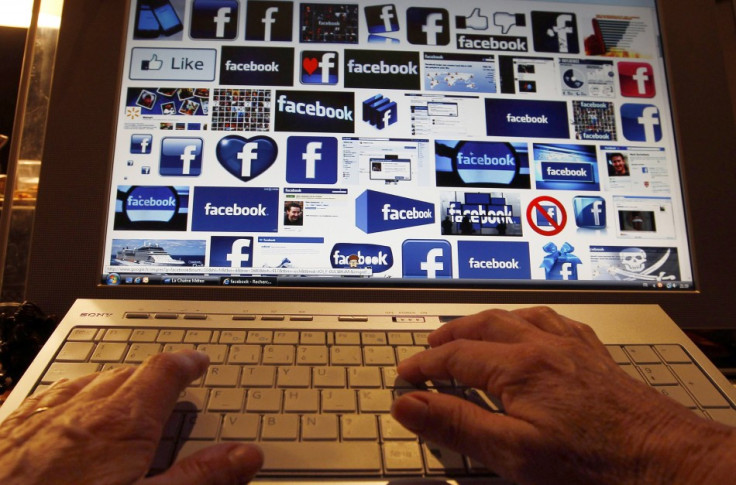Facebook is Good for You: Study Finds it Boosts Happy Feelings and Comforts

A new survey suggests Facebook is primarily being used for personal therapy rather than socialising and widening networks.
New research clashes with reports of growing numbers of idle Facebook accounts, and the problem of people using the website to boast or make repetitive declarations of love or hate.
A survey by the University of Portsmouth found that looking at personal photographs from the past actually provides users with a boost.
Just under 90 percent of users on the social networking site check in to look at content they published on their own wall, the study found.
Meanwhile, three quarters of people check in to look at their own pictures when they feel in low. It seems that the reason people look at the pictures is because they want to feel happy or comforted.
The website could also have benefits for mental health and aid elderly people with memory problems as a souce for "self-soothing" and "reminiscent therapy."
Psychologist Dr Clare Wilson, of the University of Portsmouth, called the findings of the study "fascinating."
She said: "Facebook is marketed as a means of communicating with others. Yet this research shows we are more likely to use it to connect with our past selves, perhaps when our present selves need reassuring.
"The pictures we often post are reminders of a positive past event. When in the grip of a negative mood, it is too easy to forget how good we often feel. Our positive posts can remind us of this."
Facebook could have mental health benefits for elderly people by providing comforting reminiscent therapy - images of their past selves and friends which could help ease tension. Meanwhile, self soothing can help people suffering with depression or anxiety by preventing the problem from growing more severe.
Dr Alice Good, who carried out the study on 144 people, said: "The results indicate we could use self-soothing as a form of treatment for low moods."
"We were very surprised by these findings, which contradict some recent reports."
Dr Good cautioned that more research was needed to explore Facebook's potential use as a therapy aid.
"Although this was only a small study, we will go on to study larger groups to see if the results remain consistent."
© Copyright IBTimes 2025. All rights reserved.




















